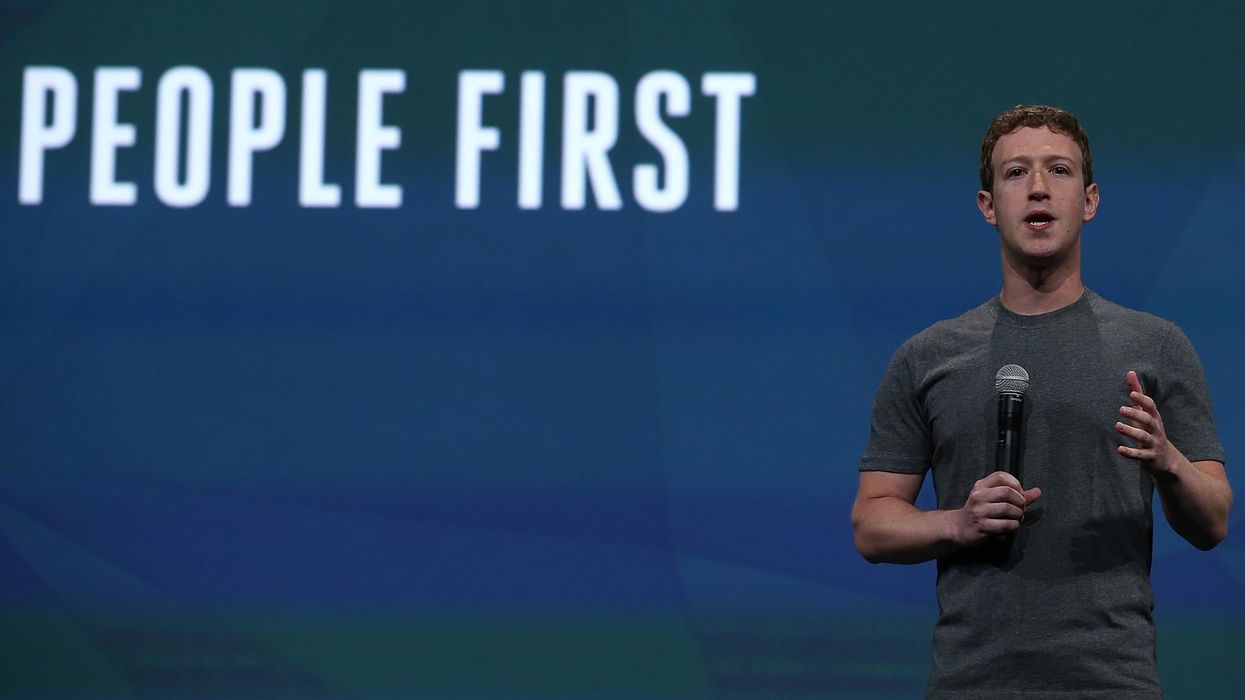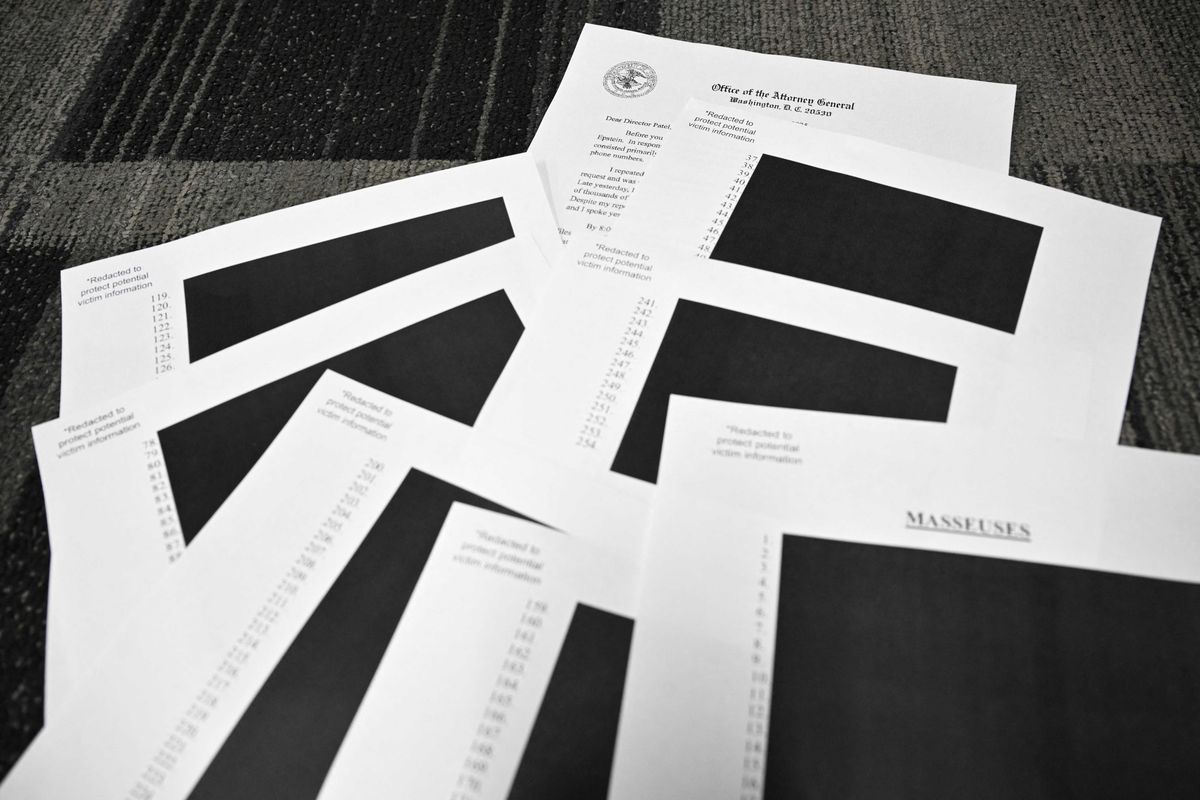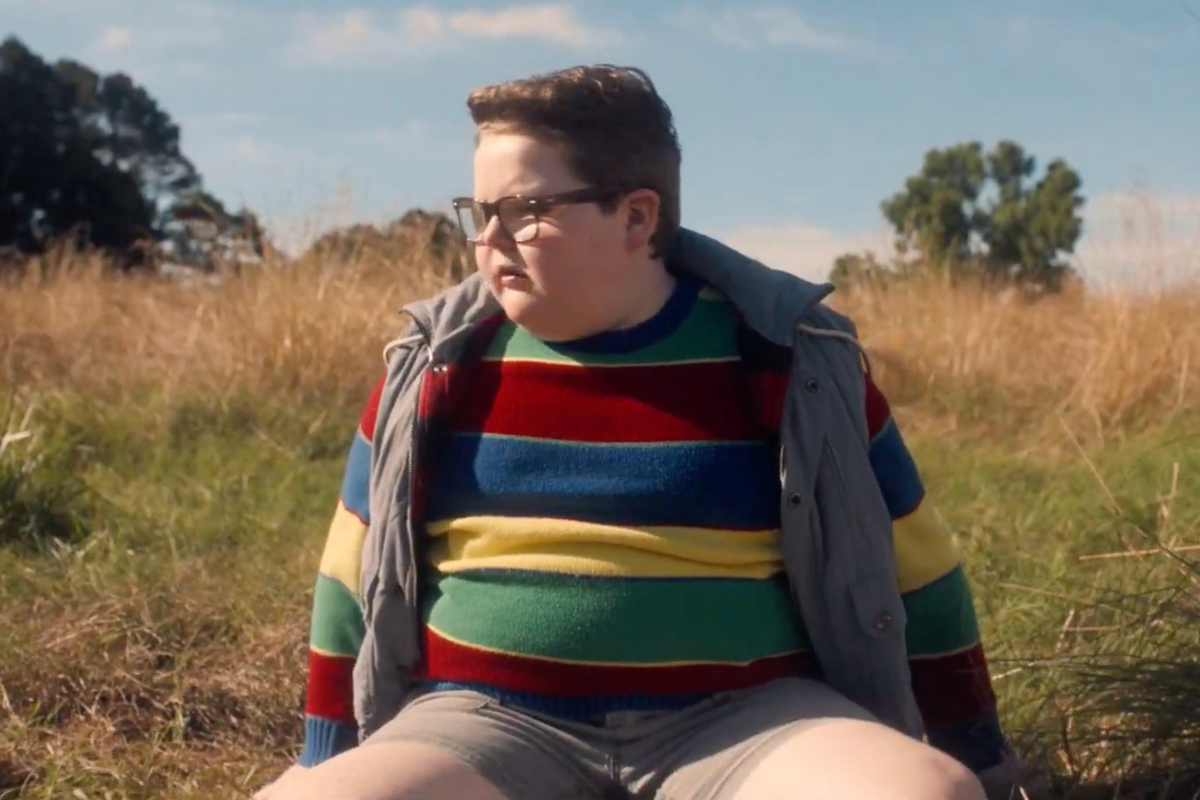
Facebook will show its users more news from each other - and less news from media organisations.
This radical overhaul, announced in a post on Mark Zuckerberg's Facebook page, has been met with jubilation amid the ongoing turmoil surrounding fake news circulated on the site.
For example, The Atlantic cried "Credit to Mark Zuckerberg" for his "admission of defeat".
Zuckerberg claims that promoting content from its users and rolling back "businesses, brands, and media" in its news feed will encourage more meaningful interactions between Facebook friends.
But some people are questioning whether the deal is quite as sweet as it sounds.
Among them is Ideas Editor for Quartz, Paul Smalera, who claims that Facebook is falling back to a classic drug dealer technique to keep users hooked and from quitting cold turkey.
He wrote for Quartz:
But this move was surely carefully designed, with product managers realising that users who abandon social media are unlikely to return, while a cut-down dose of its drug might keep feed junkies hanging around longer, searching for that scrolling high.
Ask any dealer—cutting the product is a better scenario than having users overdose and turn up dead.
In Facebook’s case, “dead,” mercifully, would mean a user who quits the site cold turkey, and sets themselves free of social media.
Essentially Zuckerberg may be making a gamble.
He acknowledges that Facebook may lose money and time spent on the network after the change. But if his hope that "the time you do spend on Facebook will be more valuable" proves successful, then the upshot may be a user base that is not in danger of going cold turkey, as reams of teenagers are doing.
Yet as Aja Romano for Vox argues, whether the change will lead to a happier and more dedicated - if less active - user base is debatable.
Though it's true that increased social interaction on Facebook has been linked to a repaired sense of self worth, there is a "more robust" association between the passive mindless use and unhappiness.
Romano writes:
In other words, active use of Facebook may make people happier, but not that much happier, especially compared to how unhappy passive use of Facebook could make them.
Obviously, Facebook can’t dismantle social media itself, and it has no wish to change the fundamental nature of Facebook as a place where people go to post about their lives and read about what their friends are doing
Even if Zuckerberg reduces 'passive' use, he's unlikely to be able to stamp it out completely.
This is not the first time Facebook has been accused of encouraging addiction.
In November last year, early Facebook investor and Napster founder Sean Parker said:
It's a social-validation feedback loop … exactly the kind of thing that a hacker like myself would come up with, because you're exploiting a vulnerability in human psychology.
More: Facebook admits it has a problem, but suggests it may be your fault












